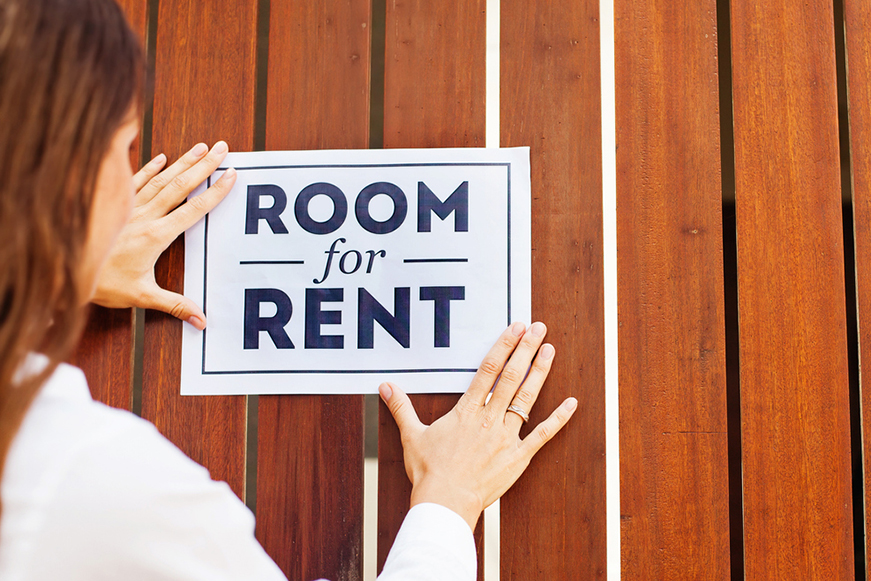Renting out your spare room

Renting out your spare room
But there are important factors to consider before you look for a lodger. Read our guide to renting out a spare room in your council home.
Am I allowed to rent out my spare bedroom?
Yes, council tenants can rent out a spare bedroom, but you will need to contact your Local Housing Office first to let us know. Your rights as a tenant will not change.
Leaseholders with a mortgage should check with your mortgage lender and insurance company first.
What is a lodger?
A lodger is someone who rents a room in your home and shares your living space. You could also charge for extra services such as meals, laundry, or cleaning. A lodger is different to a non-dependent – that is someone who normally lives with you such as an adult son, daughter, relative or friend.
Although extra cash sounds tempting, it’s important to ask yourself if you would feel comfortable with someone else sharing your home.
Will having a lodger affect my benefits?
You will have to declare the amount of rent you receive, as this is currently taken into account for means-tested benefits. The lodger can claim benefits in their own right. If you claim benefits, you should seek advice before deciding if having a lodger is right for you. Contact our Welfare Rights & Money Advice team to find out more.
If you receive 25% single person’s Council tax Discount you must inform us immediately when another adult moves in.
Finding a lodger
You can advertise your spare room in shops and newsagents, ask family and friends to spread the word, or advertise online. When writing your advert, remember to include if it is a single or double room, the area or road name (not the number), and any requirements you have such as working, non-smoker, etc. State the amount of rent and if this includes bills or any other services.
Don’t feel obliged to offer the room to the first person who gets back to you. It’s important to consider how their personality and lifestyle would fit with yours, for example do either of you work shifts and do they like your pets?
Arranging a viewing
If you live alone, it is a good idea to invite a friend or neighbour to be with you before you invite a stranger in to view your home. Make sure you don’t leave any sensitive documents on display such as bank statements, utility bills, credit cards and passports.
What’s next?
Once you have found a suitable tenant, ask them to provide references.
Make sure you and the lodger sign a written agreement which will protect you both and help avoid any misunderstandings. You can find sample agreements online or draft your own including details such as the amount of deposit required, duration of the letting, the amount and frequency of rent owed, any services included such as meals, laundry, or cleaning, how much notice each party is required to give at the end of the letting, and which areas of the home the lodger can have access to.
More advice and information
For more useful information about taking in a lodger, download a free guide.


